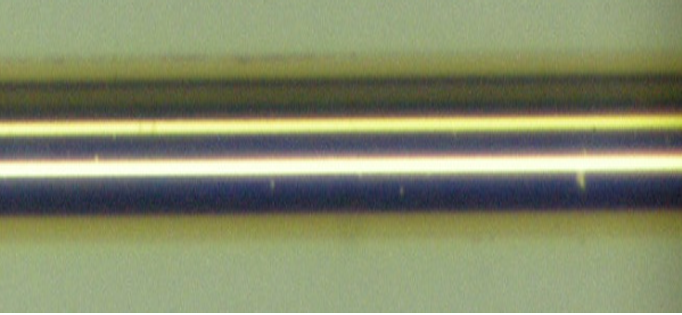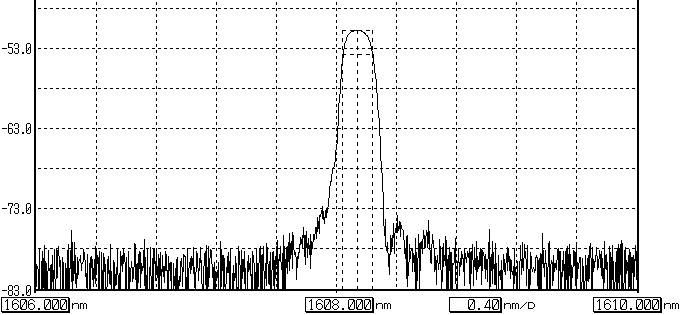In recent years, sensors are developing in the direction of being sensitive, precise, adaptable, compact and intelligent. In the process, fiber optic transducer, a new member of the sensor family, are favored. Optical fibers have many excellent properties, such as: resistance to electromagnetic interference and atomic radiation, mechanical properties of fine diameter, softness and light weight; electrical properties of insulation and non-induction; chemical properties of water resistance, high temperature resistance, corrosion resistance, etc. It can play the role of human ears and eyes in places that people can't reach (such as high temperature areas) or areas that are harmful to people (such as nuclear radiation areas), and it can also transcend human physiological boundaries and receive external information that cannot be felt by human senses.
The fiber optic sensor consists of a light source, an incident fiber, an exit fiber, an optical modulator, a photodetector, and a demodulator. The basic principle is that the light of the light source is sent into the modulation area through the incident optical fiber, and the light interacts with the external measured parameters in the modulation area, so that the optical properties of the light (such as intensity, wavelength, frequency, phase, normality, etc.) occur. The signal light changes to become modulated signal light, and then sent to the photodetector and demodulator through the output fiber to obtain the measured parameters.
One is a light-transmitting (non-functional) sensor, and the other is a sensing (functional) sensor. And you need to choose fiber optic sensing solutions according to your own needs. In the light-transmitting fiber optic transducer, the optical fiber is only used as the transmission medium of light, and the sensing of the measured signal is completed by other sensitive components. A modulator is a sensitive element of spectral changes or other properties. In the sensing fiber optic sensor, the optical fiber is both sensitive to the measured signal and the transmission of the optical signal, and the "sensing" and "transmission" of the signal are combined into one, so the optical fiber in this type of sensor is continuous.
Due to the different roles played by the optical fibers in these two sensors, the requirements for the optical fibers are also different. In the light-transmitting sensor, the optical fiber only plays the role of transmitting light, and the communication optical fiber or even the ordinary multi-mode optical fiber can meet the requirements, and the sensitive element can be realized flexibly by using high-quality materials, so the sensitivity of this type of sensor can be made very high, but it needs more optical coupling devices, and the structure is more complicated; the structure of the sensing fiber sensor is relatively simple, and some coupling devices can be used less, but the requirements for the optical fiber are high, and it is often necessary to use special optical fibers that are sensitive to the measured signal and have good transmission characteristics. So far, the former is mostly used in practice, but with the improvement of the optical fiber manufacturing process, the sensing fiber optic sensor will also be widely used.

